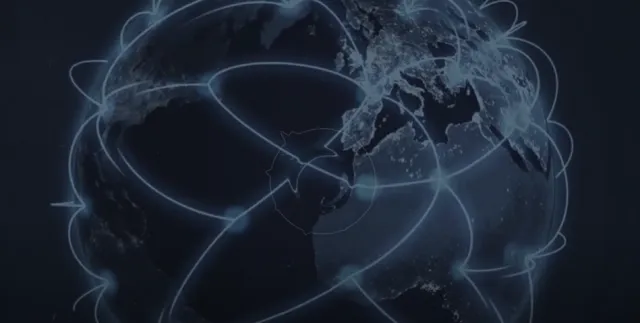Towards an Evidence-Based Arms Control and Disarmament - Episode 4
Ms Ashley Müller: Welcome to Episode 4, of this mini-series on evidence-based arms control and disarmament, I’m your host Ashley Müller with the Geneva Centre for Security Policy and in this episode we speak with Hon. Raphael Chegeni, a member of Parliament in Tanzania. He will discuss good practice of Parliaments in arms control and disarmament affairs.
Ms Ashley Müller: Hon. Raphael Chegeni, you are a member of the Tanzanian Parliament dealing with foreign and defence policy dealing with arms control and disarmament. In your experience of fulfilling your mission of oversight of the executive, what are the challenges you are facing in accessing accurate, independent, and timely information on arms control and disarmament issues? What kind of evidence is needed? What works best? What could be improved?
Hon. Raphael Chegeni: As a member of parliament, first in Tanzania. And also I'm a board member of this Small Arms and Light Weapons with our head office in Stockholm, Sweden, it’s a global network it’s a parliamentary forum where we all call upon, parliamentarians globally, to put initiatives together, in order to make sure that we soldier and combat the issue of illicit flow of small arms and light weapons and the misuse of this small arms and light weapons, and the effect to the people in the global, we have different actors which would collaborate. Firstly, as parliamentarians, what we do, we put in place some respective recessions, which makes proper guidance to the use and management of these small arms and light weapons. This is what we've been trying to do. And as a global network, we do put our effort together. Because parliamentarians can ask questions in the parliaments, and can assist you during the sessions, and at the same time can also collaborate with other actors in the place, including the armed forces, the other people who matter in the region. So basically, we are doing this one, as a matter of fact that as a global network, we do also invite and welcome all other stakeholders into the governments and other instruments to make sure that this effort has been done jointly. And that's sort of what we have been trying to do and as a global network just come into the fight to that one. We have the regional bodies, in each and every region, continent, you have regional bodies, we have in Africa, we have the African Union, we have the African Parliament, and also in other parts of the world, in Latin America, in Asia, in America and Europe as well. The issue is that we want to see that this illicit flow of arms and misuse of these arms has had a very, very bad effect in the life of the human being. But also we have one of the competitions because it is a business on the other side, it’s a business, people are making business because of these arms as well, and firearms as well. So this makes it also difficult, how to make this kind of investment in the war, against the business and the humanitarians. So it is really a challenge to all of us. And we call upon all the international community, international bodies to make sure that we take a joint effort in fighting against the illicit flow of arms, and firearms in the regions. And in Africa, for instance, between Tanzania, we border about eight countries. And these eight countries, our borders are a bit more or less porous. So there's a lot of flow, you can see that the place like in Congo, DRC hasn't been stable for very many years. We have our neighbours in Burundi, Rwanda, Uganda, Kenya, and other other countries as well around us. So you could feel that, if the peace has not been controlled jointly, as a joint effort, then it is difficult to control the issue of small arms and light weapons in our region.
Ms Ashley Müller: What is your experience in cooperating with other actors, domestically or internationally, such as civil society organisations, research institutes, regional organisations, etc. in order to access and make available the information and data necessary for your mission?
Hon. Raphael Chegeni: We're having a lot of challenges, I'm saying that the major challenge is that the most vulnerable people in this are the women and children. Because whenever there is domestic violence, whenever there is an illicit flow of arms, there's no proper control, the most affected are the women and children. And that's the biggest conflict in any other continent. This is one of the challenges. But secondly, the challenge is that we are challenged with the human resources and financial resources because we need to put this joint effort together with a combination of human beings, our human resources, and our financial resources to make things happen. And the most of the areas which have been affected, and the countries which have been affected, you could find that even the budget, which had been set aside, to keep this peace in these particular areas, is very minimal. So we could see that we need an integrated effort between the international communities, their most affected people, their needy people, and the well-wishers to make sure that they support the effort by the parliamentarians and other stakeholders in this particular issue. But again, we have some evidence, we are seeing that most of the governments are not quite aware of how to fight this menace. And that's the problem of the government's, and this is because it's a competition. Sometimes, the big shots may enter the international community who are doing the business, they also corrupt some of the governments to be not as stringent in the fight against the issue of the illicit flow of small arms and light weapons. And as a result, you can find lots of homeless people, domestic violence and those kinds of issues are taking place from time to time. But in my country in Tanzania, it’s not the case that I can give the evidence, in our current regime under president John Magufuli, things have been very, very good because he himself has taken initiative to fight against it. And that is a showcase where the President of the country takes the lead, and from other different presidents or other heads of States in this continent. And again, we have been instituting issues like tracing, marking and destruction, we have a lot of destruction in Tanzania, of so many illicit flows of arms and improperly handled arms in the wrong hands of the people. So if you’re caught we put the illustration, somebody should own firearms or any other illicit weapons, depending on the license, you must have a license to own it. And this license has to be reviewed every year, they have to pay a fee for every year, an annual fee, how you maintain it and you report how you used it. If you have firearms? How many you have in stock? How many have you spent on it and what for, you have to give a reason for that. This has really been very effective in our country and has really checked in the issue of domestic violence, the issue of misuse of the illicit flow of arms in our country. But at the same time, we've put very punitive measures if somebody is caught possessing an illegal weapon, they face a very, very strong punishment, including going to jail for many years. So these are the punitive measures that we have taken. And then our decision in Tanzania has been very, very effective to make sure that we give control of this illicit flow of firearms and unwanted weapons in our country. But again, I'm appealing. I'm appealing to the global world that this fight is not just alone, for a few countries, it is a global issue.
Ms Ashley Müller: That’s all we have now for this episode. Thank you to Honourable Raphael Chegeni for joining us for this mini-series. Click the next button to listen to Episode 5 where we discuss Sustainable Development Goal 16. In the meantime, don’t forget to follow us on Spotify or iTunes or subscribe to us on your favourite podcast player and follow us across all of our social media channels.
Click the next button to get to the next episode!
Disclaimer: The views, information and opinions expressed in this digital product are the authors’ own and do not necessarily reflect those shared by the Geneva Centre for Security Policy or its employees. The GCSP is not responsible for and may not always verify the accuracy of the information contained in the digital products.
Featuring
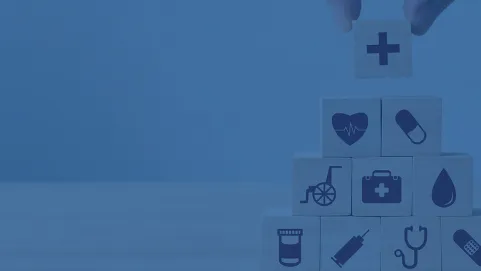 25 years GCSP: Towards an Evidence-Based Arms Control and Disarmament - Episode 4
">
25 years GCSP: Towards an Evidence-Based Arms Control and Disarmament - Episode 4
">
 25 years GCSP: Towards an Evidence-Based Arms Control and Disarmament - Episode 4
">
25 years GCSP: Towards an Evidence-Based Arms Control and Disarmament - Episode 4
">
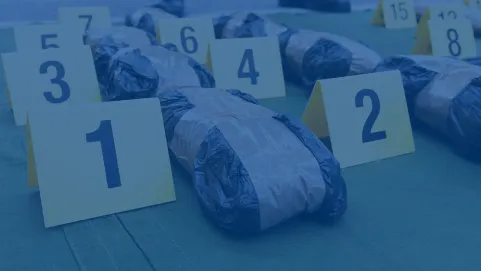 25 years GCSP: Towards an Evidence-Based Arms Control and Disarmament - Episode 4
">
25 years GCSP: Towards an Evidence-Based Arms Control and Disarmament - Episode 4
">
 25 years GCSP: Towards an Evidence-Based Arms Control and Disarmament - Episode 4
">
25 years GCSP: Towards an Evidence-Based Arms Control and Disarmament - Episode 4
">
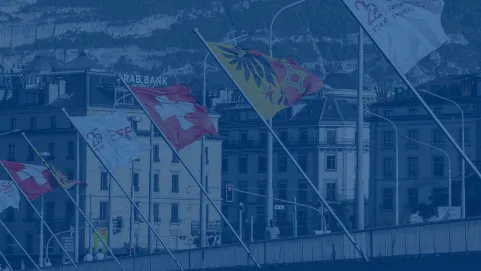 25 years GCSP: Towards an Evidence-Based Arms Control and Disarmament - Episode 4
">
25 years GCSP: Towards an Evidence-Based Arms Control and Disarmament - Episode 4
">
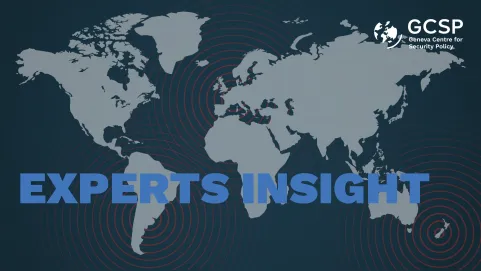 25 years GCSP: Towards an Evidence-Based Arms Control and Disarmament - Episode 4
">
25 years GCSP: Towards an Evidence-Based Arms Control and Disarmament - Episode 4
">
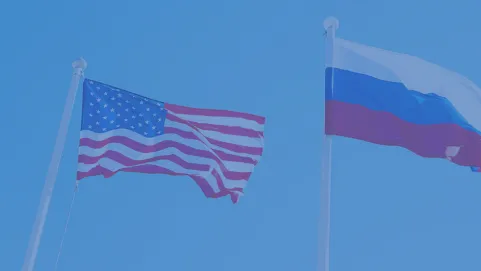 25 years GCSP: Towards an Evidence-Based Arms Control and Disarmament - Episode 4
">
25 years GCSP: Towards an Evidence-Based Arms Control and Disarmament - Episode 4
">
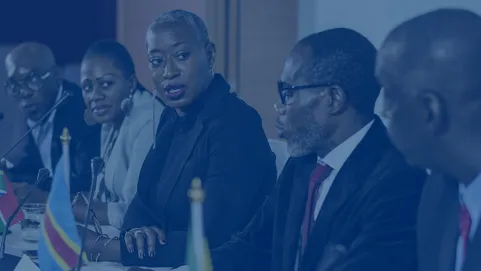 25 years GCSP: Towards an Evidence-Based Arms Control and Disarmament - Episode 4
">
25 years GCSP: Towards an Evidence-Based Arms Control and Disarmament - Episode 4
">
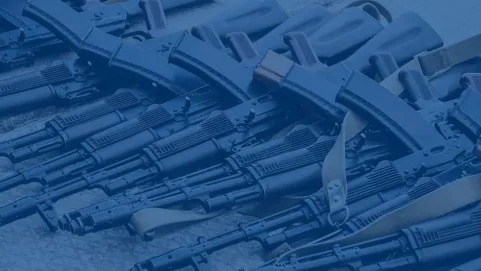 25 years GCSP: Towards an Evidence-Based Arms Control and Disarmament - Episode 4
">
25 years GCSP: Towards an Evidence-Based Arms Control and Disarmament - Episode 4
">

